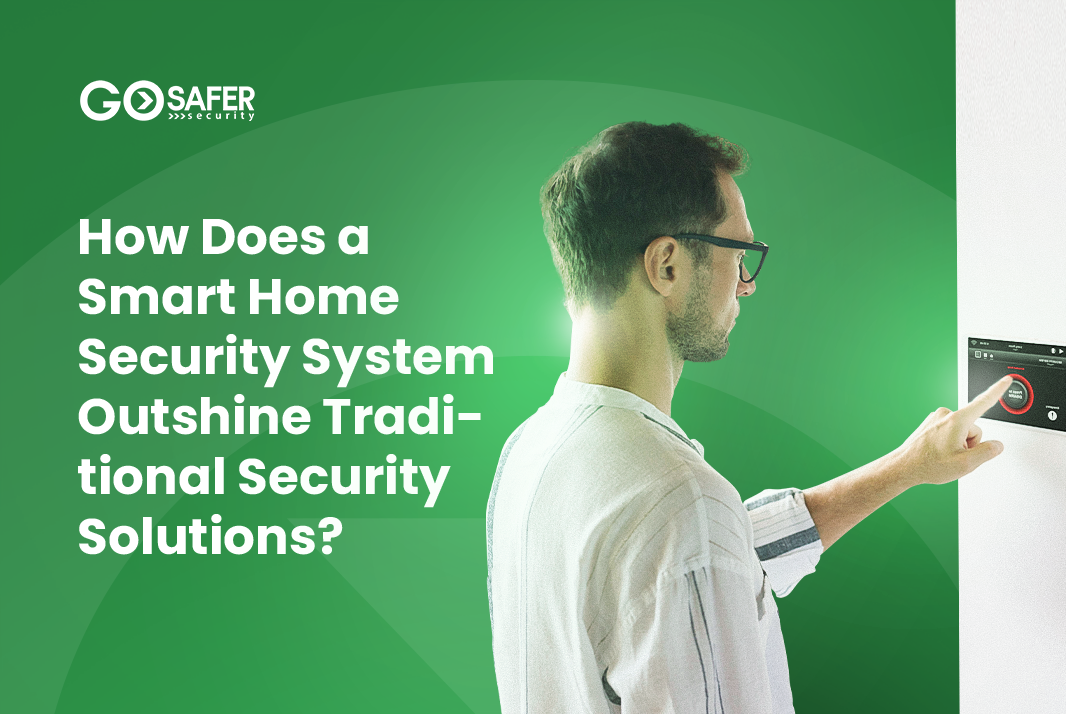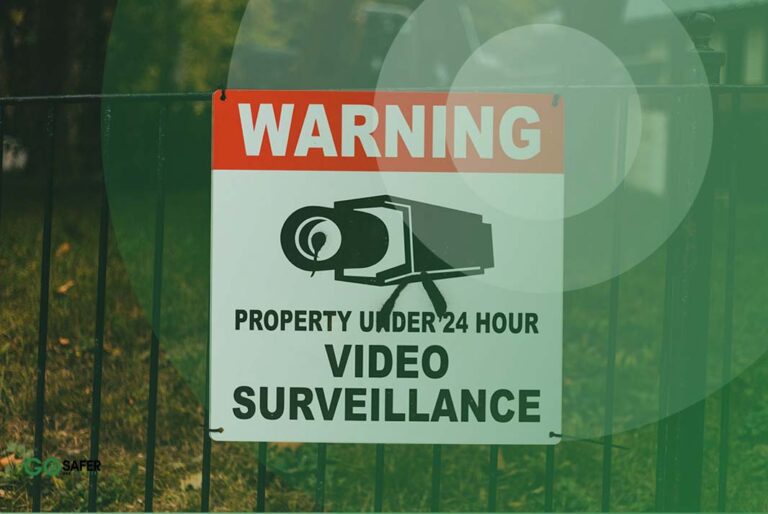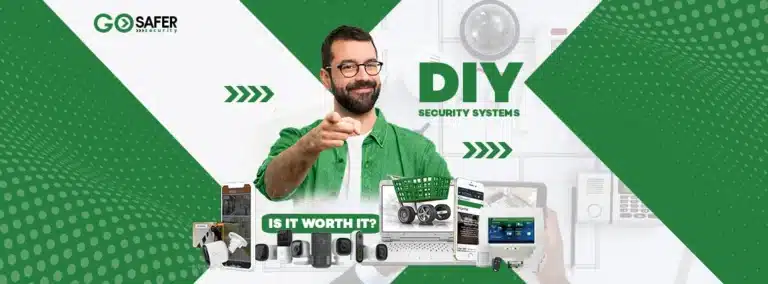Table of Contents
ToggleExploring the Superior Advantages of Smart Home Security Systems Over Traditional Security Measures
In the evolving landscape of home security, smart home security systems have emerged as a beacon of innovation, offering unparalleled advantages over traditional security solutions. This shift towards intelligent security is not just a trend but a response to the increasing demands for more efficient, user-friendly, and comprehensive security measures. Below, we delve into how smart home security systems outshine their traditional counterparts, addressing key pain points and showcasing the benefits they bring to the forefront of home safety.
Key Takeaways:
- Enhanced Security Features: Smart systems provide real-time alerts and remote monitoring capabilities.
- User Convenience: Easy control through mobile apps.
- Cost-Effectiveness: Reduced need for manual monitoring and potential insurance discounts.
- Scalability and Integration: Seamless addition of devices and integration with other smart home technologies.
- Proactive Measures: Advanced technologies like AI predict and prevent security breaches.
The Limitations of Traditional Security Solutions
Traditional security systems, while foundational, often fall short in addressing modern security challenges. They typically involve standard alarm systems that trigger upon unauthorized entry, relying heavily on physical components like door sensors and window contacts. However, these systems lack the ability to provide real-time feedback or remote access, a critical limitation in today’s interconnected world. Users cannot actively monitor their home without being physically present, leading to delayed responses to potential security breaches.
The Advantages of Smart Home Security Systems
Real-Time Monitoring and Alerts
One of the most significant advantages of smart home security systems is their ability to offer real-time monitoring and instant alerts. Unlike traditional systems that require physical checks or third-party monitoring services, smart systems empower homeowners with direct control and surveillance capabilities through their smartphones or other devices. This immediate access to security footage and alerts ensures that homeowners can quickly respond to any suspicious activity, providing peace of mind regardless of their location.
Enhanced Convenience Through Mobile Integration
Smart home security systems are designed with the user’s convenience in mind. Through mobile apps, users can easily arm or disarm their systems, adjust settings, and view live streams of their property. This level of control extends beyond mere security, allowing for the integration of other smart home devices such as lights, thermostats, and locks, creating a cohesive and user-friendly ecosystem.
Cost-Effectiveness and Efficiency
While the initial setup cost of a smart home security system might be higher than traditional solutions, the long-term benefits and cost savings are significant. Smart systems reduce the need for manual monitoring and maintenance, and their efficiency can lead to lower insurance premiums, thanks to the enhanced security measures. Additionally, the ability to monitor and control the system remotely cuts down on false alarms, saving on potential fines and unnecessary security checks.
Scalability and Easy Integration
Smart home security systems are inherently scalable and flexible, allowing homeowners to add or remove components as needed. Whether it’s integrating additional cameras, sensors, or incorporating new smart home technologies, these systems can grow and adapt to the homeowner’s changing needs. This scalability ensures that the security system can evolve without requiring a complete overhaul, unlike traditional systems which might need significant modifications to accommodate new features.
Proactive Security Measures
Leveraging advanced technologies such as artificial intelligence (AI) and machine learning, smart home security systems can offer proactive security measures. These systems can analyze patterns, predict potential security breaches, and even distinguish between routine activities and suspicious behavior. This ability to anticipate and alert homeowners before an incident occurs is a leap forward in home security, moving from reactive to proactive measures.
Smart home security systems represent a significant advancement over traditional security solutions, addressing many of the limitations and pain points associated with older systems. By offering real-time monitoring, enhanced convenience, cost-effectiveness, scalability, and proactive security measures, these intelligent systems provide homeowners with a level of security and peace of mind that was previously unattainable. As technology continues to evolve, the gap between smart and traditional security systems will likely widen, further emphasizing the importance of adopting smart home security solutions for those seeking to protect their homes effectively.




